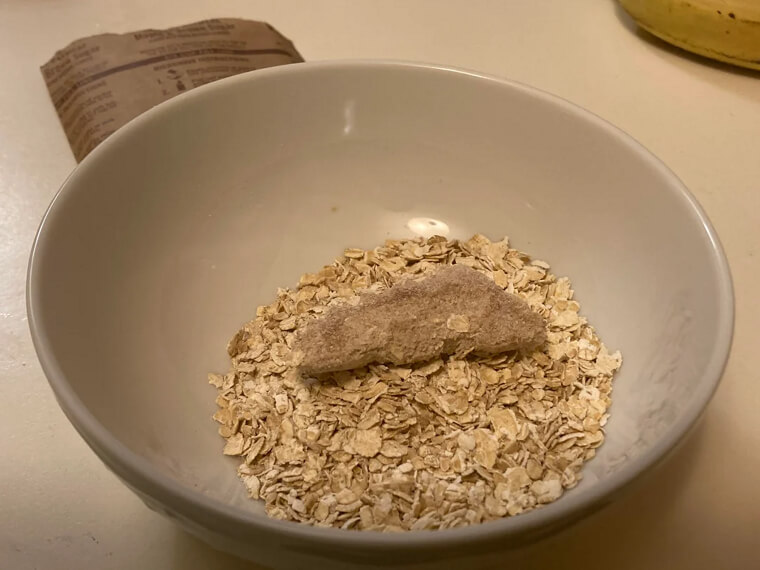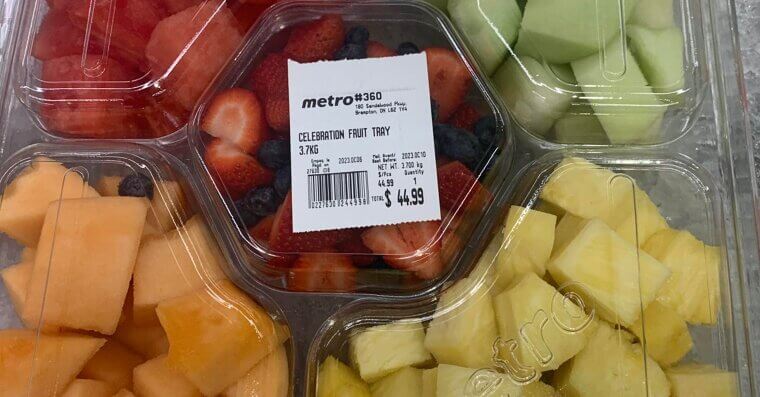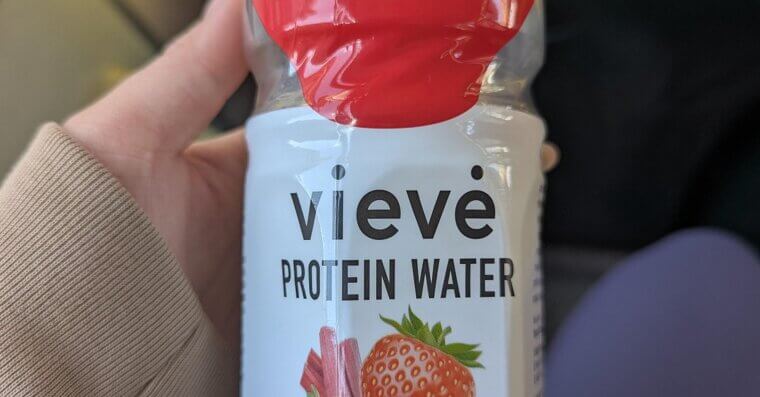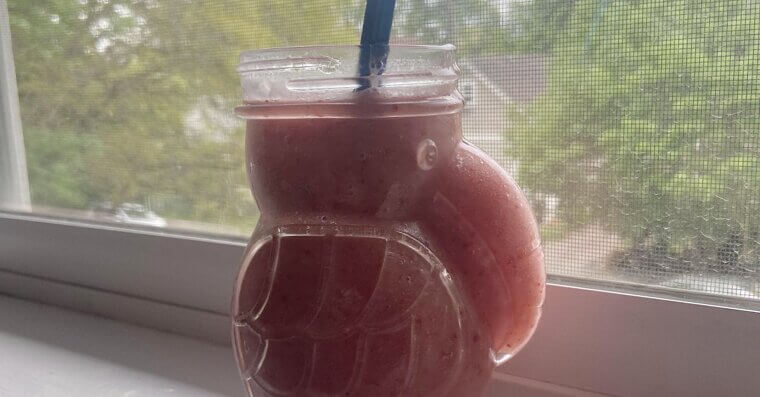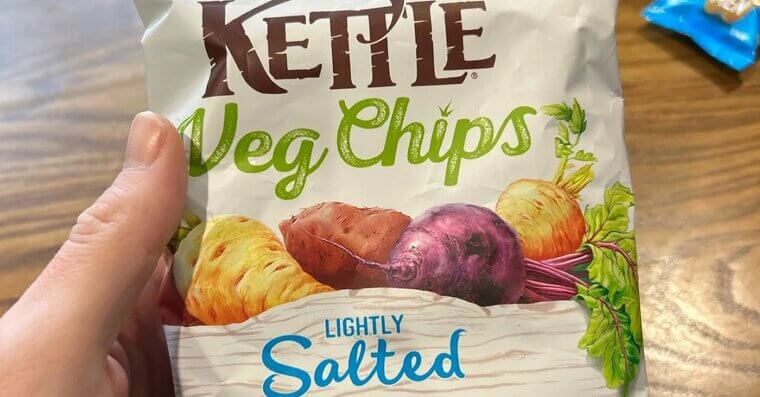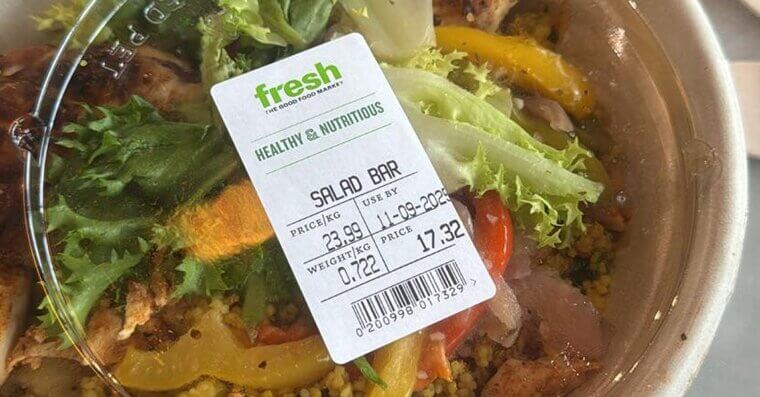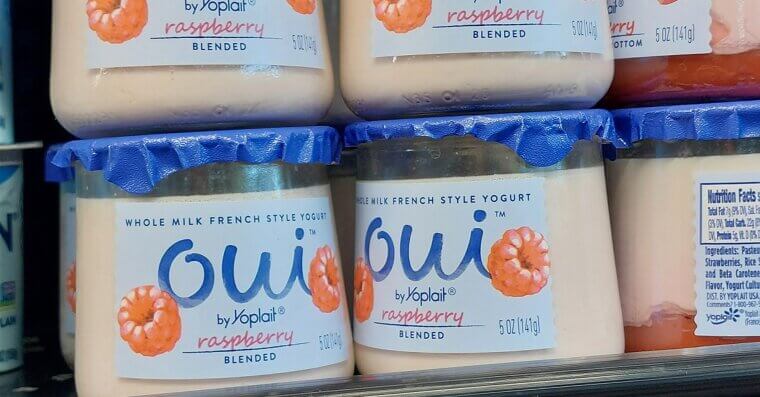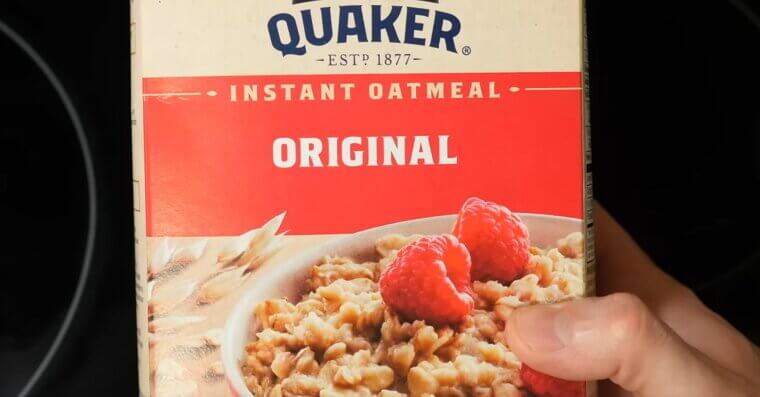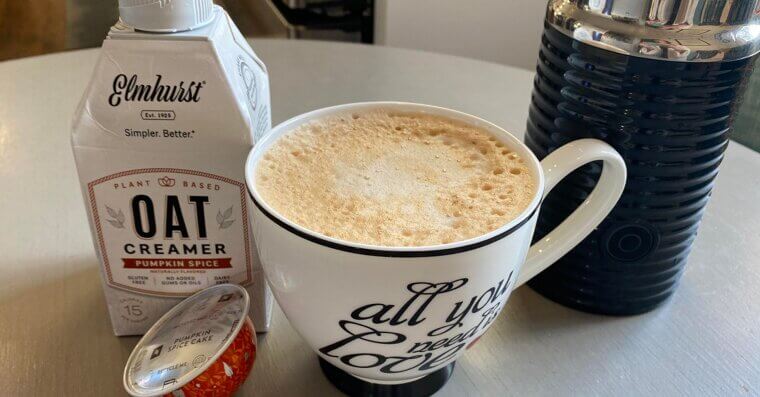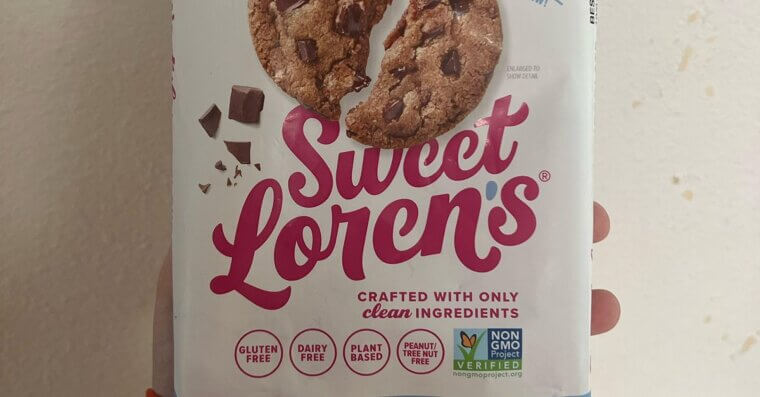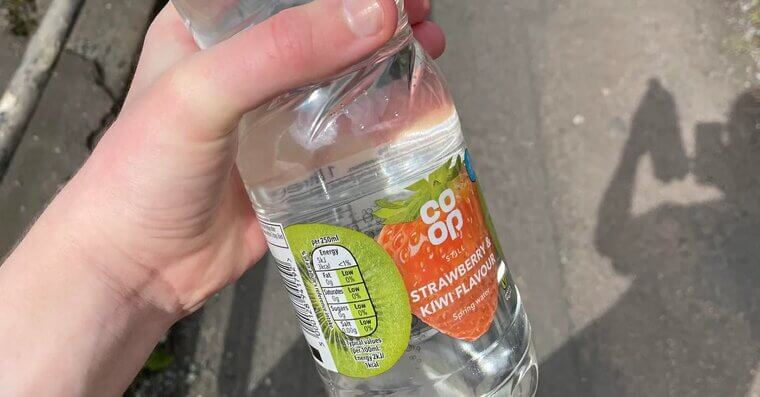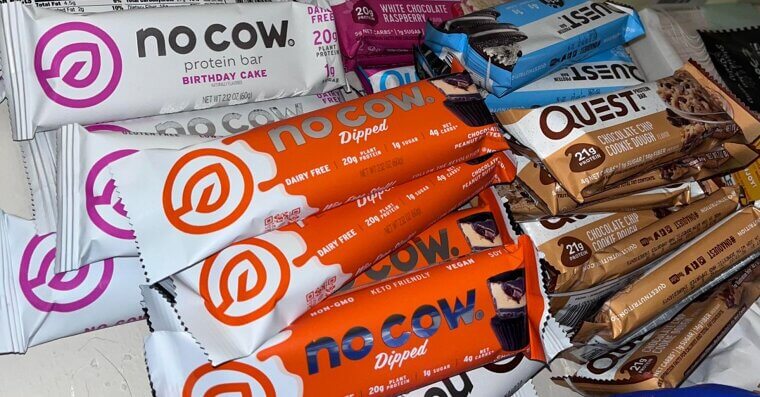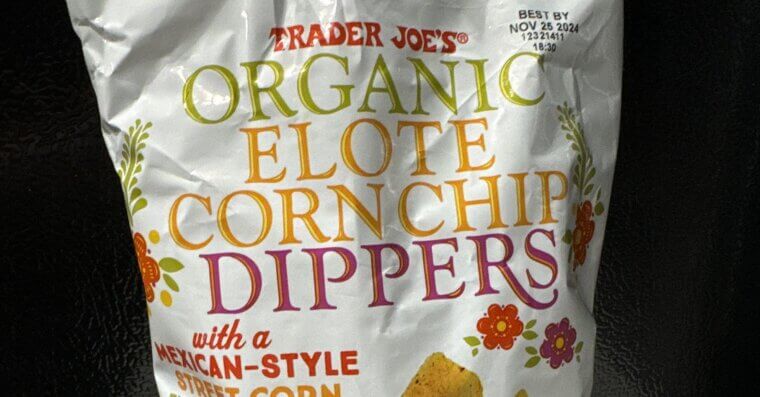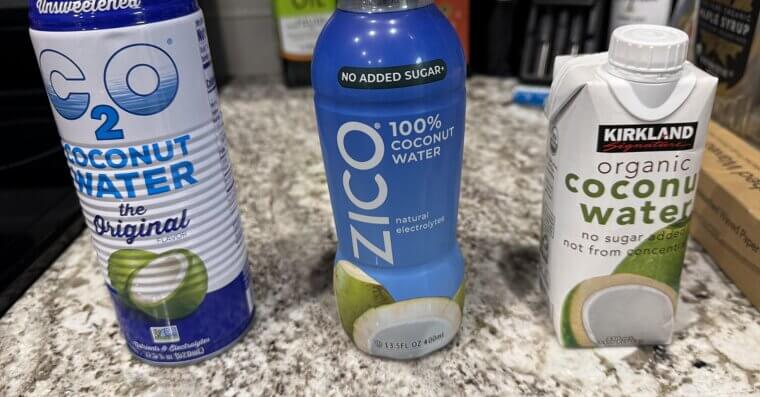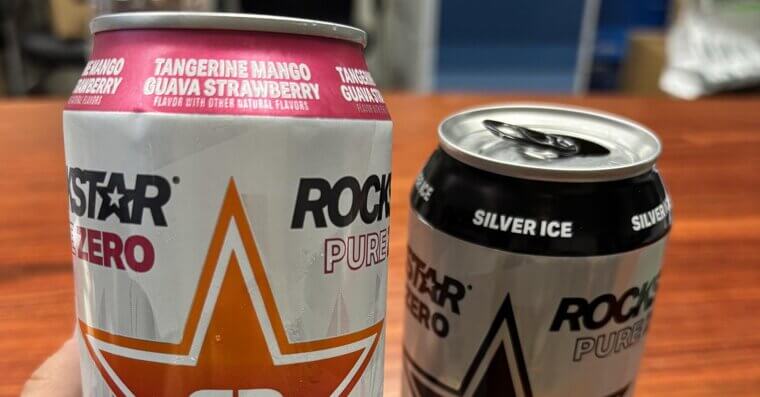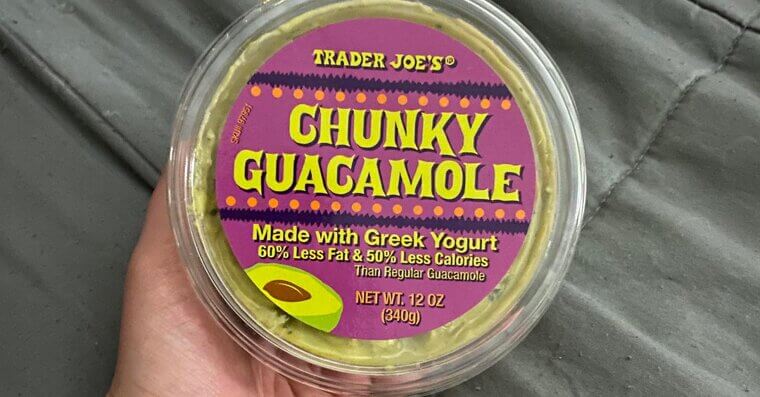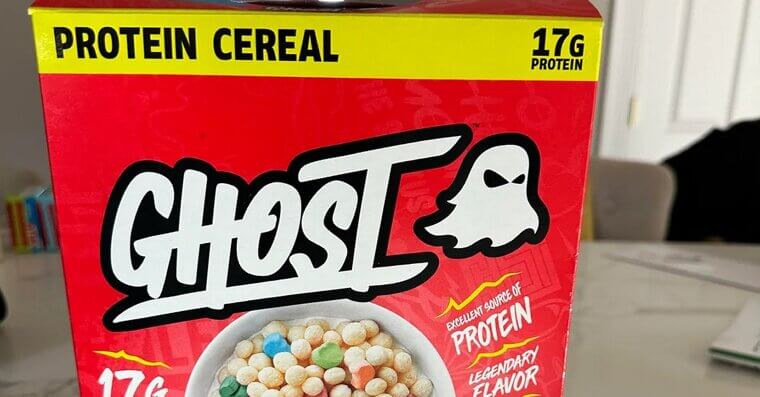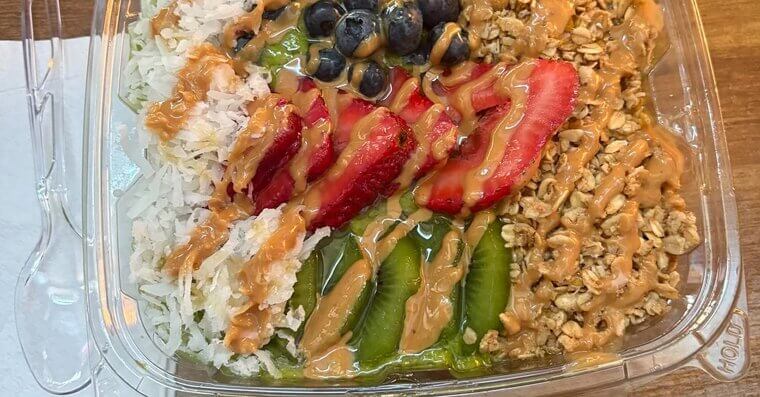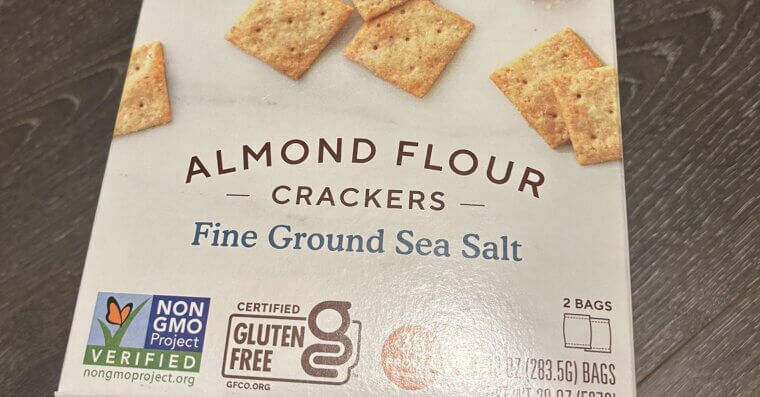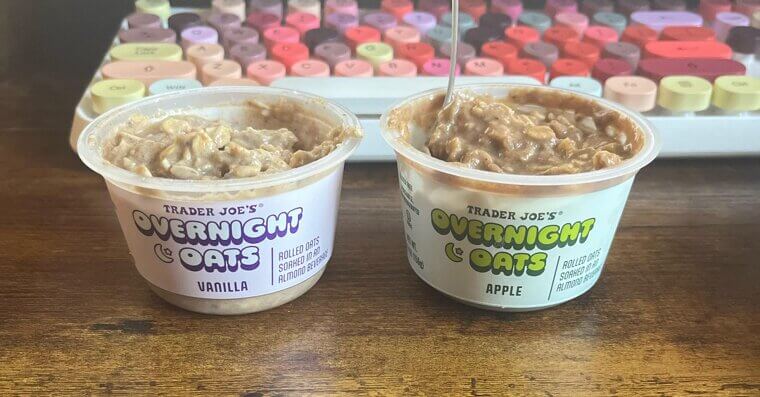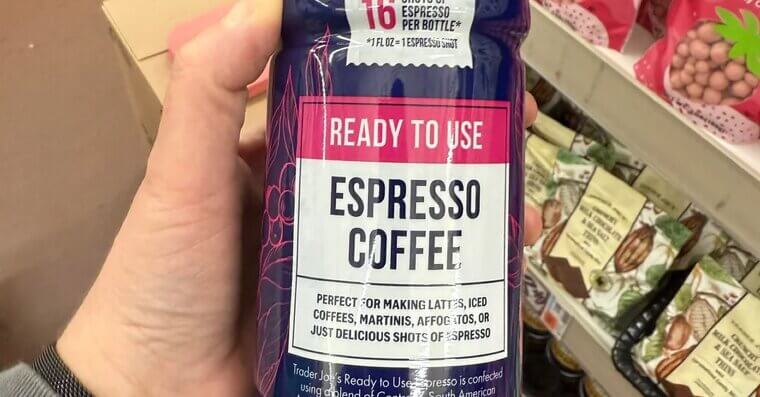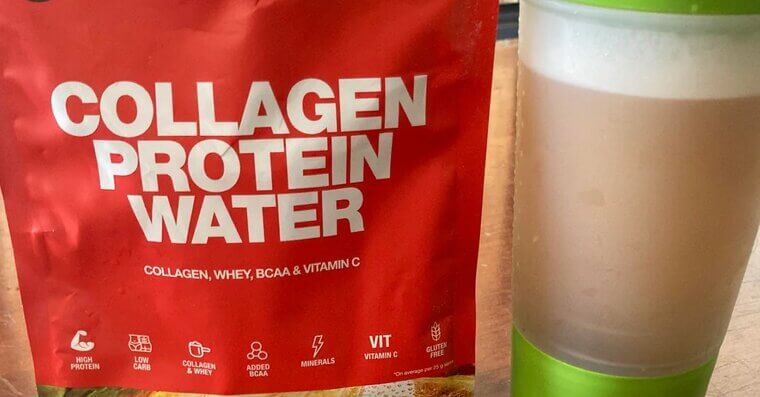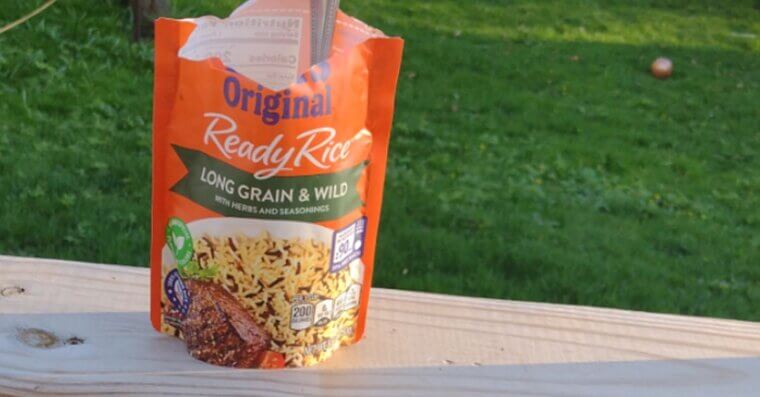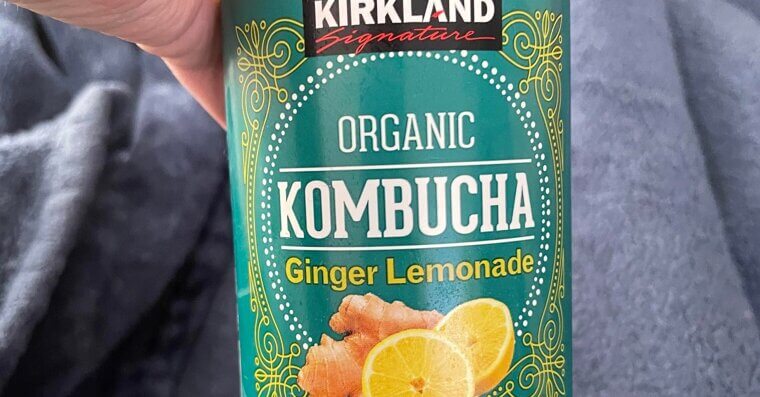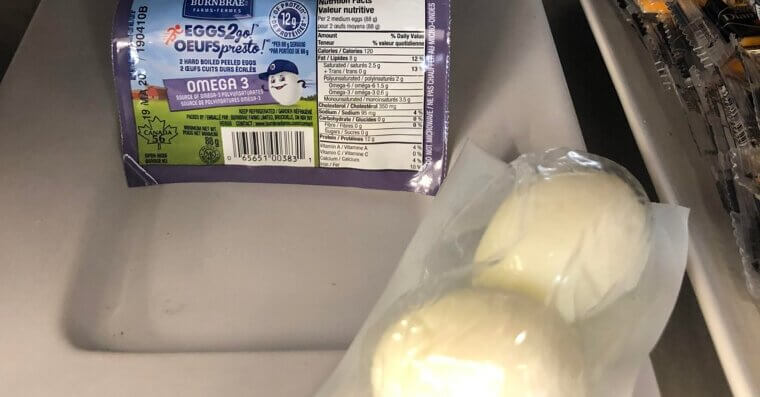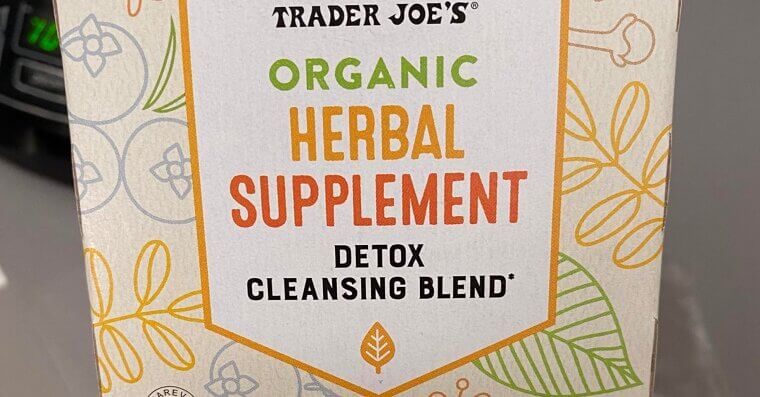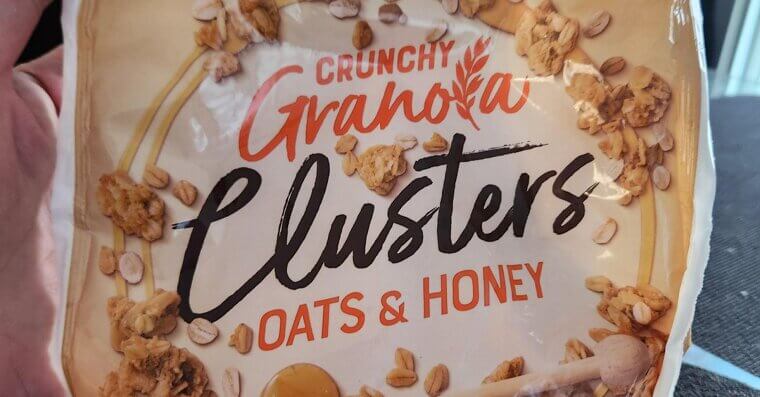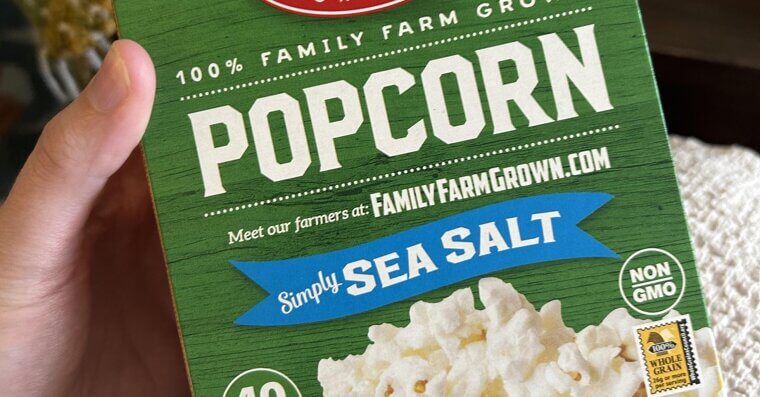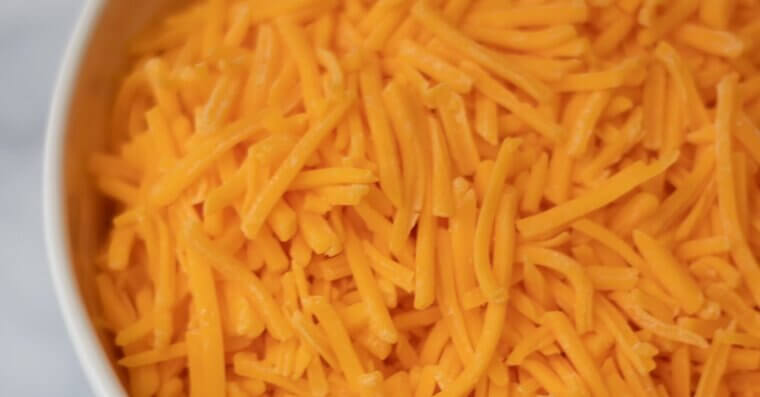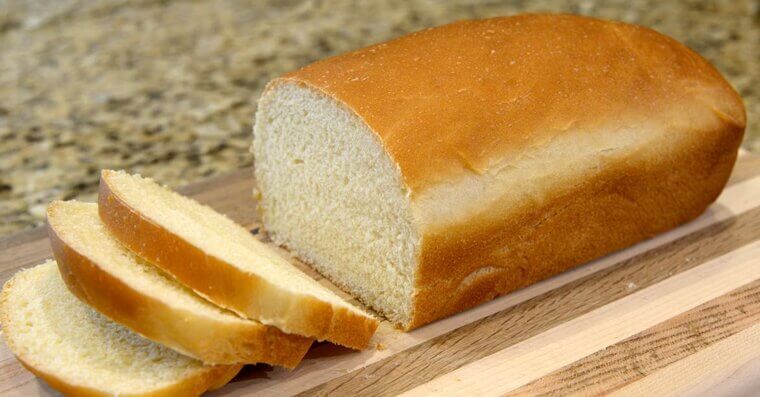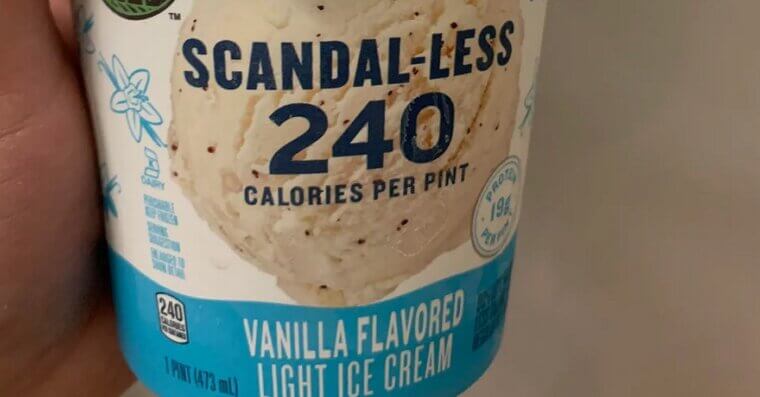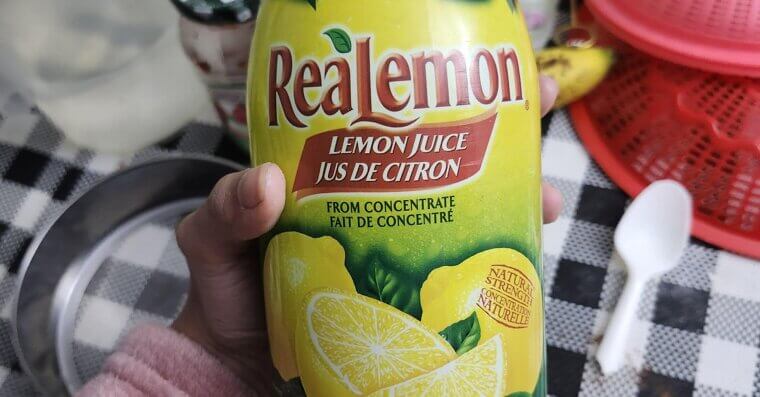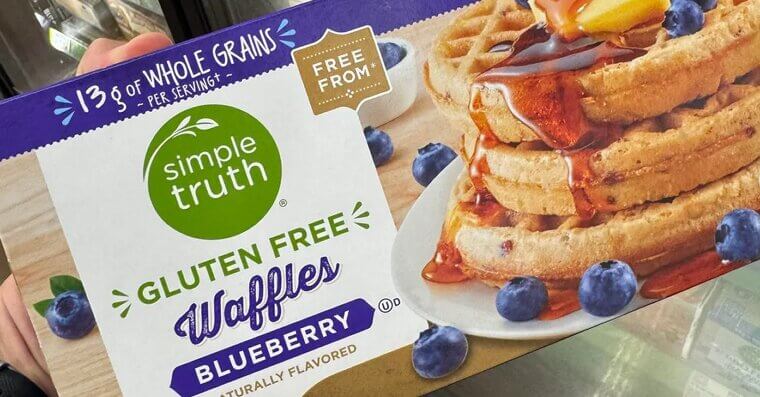Cut Down On Expenses
We all know grocery shopping can get pricey these days, but here’s the thing - some of the items we toss in the cart just aren’t worth what we’re paying. Experts point out that a lot of “healthy” or “convenient” foods are more about clever marketing than real value. Take these common buys, for example.
Pre-Cut Fruit
Is this stuff convenient? Sure. But is it convenient enough to justify the extra cost? Not really. Pre-cut fruit is often double the price of whole fruit, and it loses nutrients faster once it’s sliced. Plus, it spoils quickly. Buying whole fruit, spending five minutes chopping, and storing it in containers is the much better option.
Protein Water
This stuff is just water with a little protein powder tossed in… and a high price tag. It’s marketed very well, but most people don’t need it. You can get the same protein boost with a snack of nuts, yogurt, or even a boiled egg.
Smoothies
Those colorful store smoothies seem healthy at first, but they’re mostly just sugar in disguise. Many are packed with added juices, sweeteners, or concentrates that spike blood sugar. Nutritionists recommend blending your own smoothie with frozen fruit, greens, and yogurt - it costs a fraction of the price and you don’t have to worry about hidden nasties.
Veggie Chips
These look healthier than potato chips, but don’t be fooled. Most veggie chips are made from veggie powders and starches, then fried in oil. The nutrients are minimal, but the price is inflated because they’re marketed as “better for you.” They’re not.
Ready-Meal Salads
The greens inside ready-meal salads are often less fresh than whole heads of lettuce, and they wilt faster once opened. Nutritionists say buying whole spinach or kale gives you more for your money and often lasts longer in the fridge with a quick rinse.
Flavored Yogurt Cups
Those little cups are loaded with sugar and usually cost more per ounce than plain yogurt. The “fruit” at the bottom is often just syrupy puree, not real chunks. Buying a big tub of plain yogurt and adding your own fresh fruit or honey is cheaper and healthier.
Instant Oatmeal Packets
Sure, they’re convenient, but unfortunately anything “instant” just isn’t going to be good for you. The price per serving is also higher compared to a big canister of plain oats. Nutritionists suggest buying plain rolled oats instead - you can flavor them yourself with cinnamon and the like, and frankly they’re a lot more appetizing.
Specialty Coffee Creamers
Pumpkin spice, hazelnut swirl, caramel delight… they sound tasty, but nutritionists say they’re mostly sugar, oil, and artificial flavoring. These creamers cost more than milk or half-and-half while offering no real nutritional value whatsoever.
Gluten-Free Packaged Snacks
Unless you actually have celiac disease or gluten sensitivity, those pricey gluten-free crackers and cookies aren’t worth it. They’re often made with refined starches and have little fiber or protein. Any nutritionist will tell you to skip them.
Trail Mix
Those tiny snack packs are getting more expensive, but they’re basically just nuts, dried fruit, and candy bits. Buying nuts and dried fruit in bulk lets you make your own mix for a fraction of the cost. Plus, you control how much chocolate or sugar gets in there.
Flavored Water
Flavored waters are mostly just, well, water with a splash of artificial flavoring. You’re paying several times more than plain bottled water, and nutritionists say adding fruit slices to a water pitcher at home tastes better and saves money.
Protein Bars
While some of these are decent, most are glorified candy bars with protein powder mixed in. They’re pricey, full of sugar, and don’t always keep you full. Nutritionists recommend a handful of nuts or a boiled egg instead – it does the same job for less money.
Organic Snacks
Organic cookies and chips may sound healthier, but they’re still processed snacks. The organic label drives up the price, even though nutritionally they aren’t much better than regular versions. You’ve been fooled by good marketing, sorry!
Bottled Salad Dressing
That $5 bottle of “gourmet” dressing is usually just oil, vinegar, and those old culprits sugar and preservatives. Food experts will often point out that making your own dressing with olive oil, vinegar, mustard or lemon juice is healthier and cheaper.
Coconut Water
Coconut water is marketed very well as a healthy option, but unless you’re running a lot of marathons, it’s not really needed. It’s pricey, often loaded with added sugar, and doesn’t hydrate better than plain water. Which you have on tap!
Energy Drinks
Energy drinks are packed with caffeine, sugar, and artificial additives, and they are certainly not doing your body many favors. Plus, they’re expensive. Nutritionists hate energy drinks, and some believe in the future we might look at them the way we look at cigarettes now.
Pre-Made Guacamole
Store-bought guac is often made with fillers and preservatives, and a small tub costs more than a few fresh avocados. Why not just make your own instead? It takes five minutes, tastes fresher, and usually costs half as much per serving.
Protein Cereal
These cereals made their name by boasting high protein on the box, but the extra protein comes from powders and isolates, not “real” food. The price is inflated, and many still have just as much sugar as regular cereal. Sorry, protein lovers.
Pre-Made Smoothie Bowls
These gained popularity because they photograph well for Instagram, but just because something looks good for you it doesn’t mean it is. Making your own smoothie bowl at home with frozen fruit, yogurt, and toppings is cheaper and healthier than buying one.
Almond Flour Crackers
These trendy crackers are marketed as a healthier option, but they’re often ultra-processed and way more expensive than regular whole-grain versions. Unless you’re avoiding gluten for medical reasons, you’re better off with traditional crackers.
Pre-Made Overnight Oats
It’s just oats, milk, and fruit in a jar - but companies are charging premium prices for them now. And yet overnight oats are one of the cheapest, easiest breakfasts to create at home. You can make a week’s worth in minutes for the cost of one pre-packaged serving.
Bottled Cold Brew
Coffee in a bottle might seem fancy, but it’s one of the biggest grocery rip-offs. A single bottle can cost the same as an entire bag of coffee beans. Nutritionists (and baristas) agree - you can easily brew your own cold brew at home for mere pennies per glass.
Collagen Protein Water
Collagen water is trendy, but most nutritionists aren’t sold. Your body breaks down collagen into amino acids like any other protein, so there’s no guarantee it helps your skin or joints. The bottles are expensive, and you can get protein more affordably from eggs, chicken, or beans.
Flavored Instant Rice Pouches
Another one where you’re paying for the convenience more than anything else. These little rice pouches cost several times more than a bag of plain rice, and they’re often loaded with sodium and oils. Just cook a big batch of rice and freeze portions if you want to save money.
Kombucha
Kombucha is marketed as a superfood, but it’s pricey and not everyone tolerates it well. While it may have some benefits, you can get probiotics from cheaper sources like yogurt or kefir. Don’t eat something just because everyone else is eating it!
Packaged Hard-Boiled Eggs
Paying triple the price for something you can do at home in 10 minutes isn’t the best move in the world. Nutritionists say hard-boiled eggs are one of the cheapest, most nutritious snacks you can prep yourself, so why not just do that?
Detox Teas
These teas claim to cleanse or detox your body, but your liver and kidneys already do that for free. They’re overpriced herbal teas with laxatives or diuretics that can actually dehydrate you, and some people think they’re downright dangerous.
Granola Clusters
Granola is already expensive, but turning it into “clusters” just seems to double the price. Food experts point out it’s usually just oats, sugar, and oil. Making your own granola at home is far cheaper - and you control how sweet or nutritious it turns out.
Pre-Cooked Bacon
Buying bacon already cooked seems like a time-saver, but the cost per ounce is sky-high. It’s a better idea to cook a whole package yourself and store it in the fridge - you’ll save money and still have quick grab-and-go slices. But don’t eat too much bacon… as you may already know, it’s bad for your heart.
Microwave Popcorn
Microwave bags are loaded with oils, flavorings, and sodium - and they’re way more expensive per ounce than plain kernels. Why not try air-popping your own popcorn at home? You can season it however you like without all the dangerous chemical additives.
Pre-Grated Cheese
Pre-grated cheese is convenient, yes - but unfortunately you’re paying extra for less nutrition. Pre-grated cheese often has anti-caking agents and preservatives that affect the texture and meltability. Experts say buying a block and grating it yourself is cheaper, fresher, and better for cooking.
White Bread
White bread is stripped of fiber and nutrients during processing, leaving you with empty calories that don’t keep you full. Take the money you would have spent on white bread and buy whole-grain instead - it gives you more nutrition per slice, making it a better buy in the long run.
“Light” Ice Cream
These “light” tubs promise fewer calories, but nutritionists warn the tradeoff is artificial sweeteners, fillers, and a higher price per pint. The taste is often disappointing, too. If you want ice cream, buy the real deal, have a smaller scoop, and save your money.
Bottled Lemon Juice
Bottled lemon juice might seem handy when you’re in a rush to do your shopping, but the stuff often has preservatives and lacks the fresh zing of the real fruit. A single lemon costs less, gives you more juice than you’d think, and has better flavor.
Frozen Waffles
Mmmm, waffles… but they should be considered a “sometimes food” and you shouldn’t buy them frozen. Frozen waffles are often loaded with refined flour and sugar, and they’re more expensive than making a batch yourself. Nutritionists suggest making whole-grain waffles at home, freezing extras, and toasting when needed - it’s cheaper and healthier.

